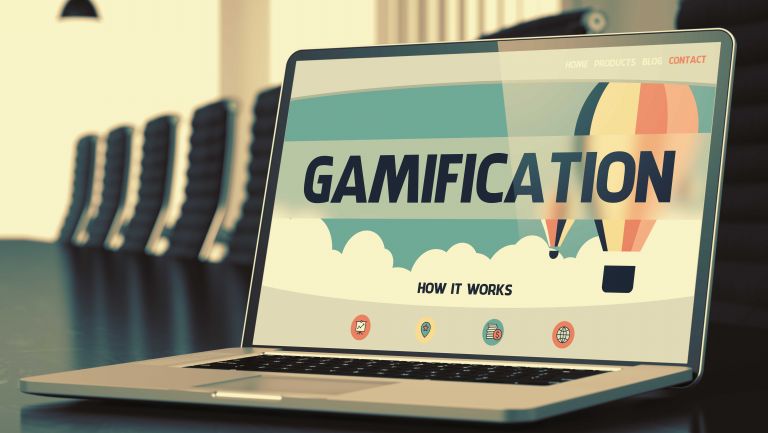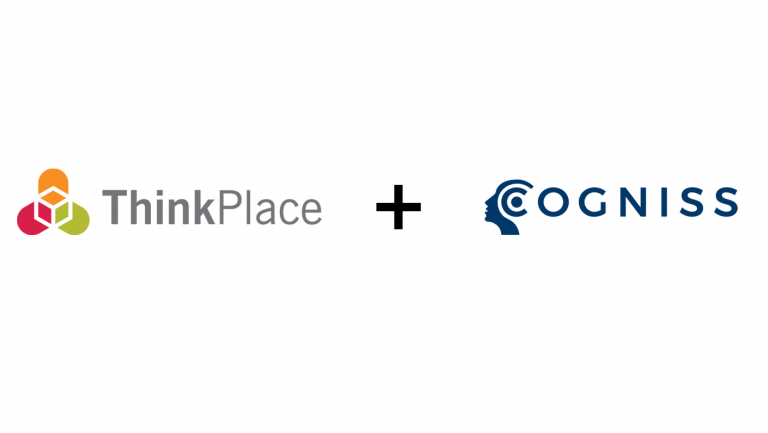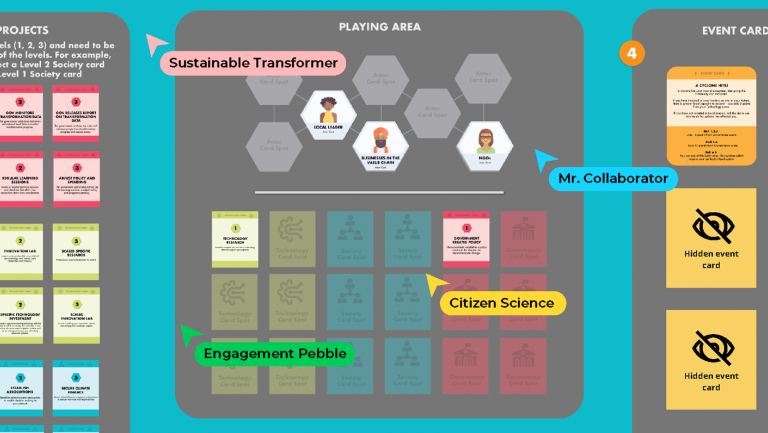Sign up for our monthly newsletter

The six things you need to build an ethical organisation
Without ethics, man has no future. This is to say, mankind without them cannot be itself. Ethics determine choices and actions and suggest difficult priorities.
John Berger
Rightly or wrongly, the business of right and wrong has become a booming industry.
Across the world we are seeing huge interest in companies and organisations codifying their approach to ethics; appointing Chief Ethics Officers, signing up to ethical charters and outsourcing ethical frameworks to a growing band of specialist providers.
Yet if we take even a cursory glance at the daily news headlines it’s clear we are also seeing a golden age of unethical behaviour.
So what’s going on?
If this seems something of a contradiction it need not be. We may be talking and thinking more about organisational ethics, it’s true. But can we say we are doing so effectively?
As a company that exists for profit and purpose, ThinkPlace has long had strong ethical frameworks and practices in place, led by a Chief Ethicist (that’s me).
And as a provider of transformational education and related services we are also at the forefront of building effective ethical capability across government agencies, NGOs and companies.
Along the way we have learned some important lessons that explain why so many companies – obsessed as they may appear with risk management and compliance -- still manage to misstep when it comes to ethics.
Why banks with lengthy (and expensive) ethics policies have acted against the interest of customers and paid the public relations price. Why social media mega-platforms vow to protect the privacy of nervous users and then repeatedly let them down.
Here are our top lessons for building an ethical organisation.

1. Use it or lose it
There are applied ethics and then there are… no ethics at all. Having a framework, a policy or even an ethicist on the payroll will not contribute an iota of difference unless those resources are applied.
Too many ethics policies sit unopened in inboxes and dark corners of corporate websites. Avoiding this pitfall starts with intent.
At ThinkPlace, we begin with the question: What are we going to make today? Fundamentally we are setting out create a change, not just a model. Models are useful but they are not outcomes in themselves. We are looking to create a pragmatic, meaningful ethics that will be applied and will be effective when applied. It pays to keep this in mind from the outset.
2. Codesign of ethical frameworks
A flip side of the ‘use it or lose it’ idea is to ask: what reasons might we find where people in organsiations are not using ethical frameworks that have been installed or provided?
Often this is because they either
- Do not understand what the framework asks or requires of them or
- They are able to easily disconnect from it because they feel no sense of ownership.
Codesign is a remedy for both problems. When those who must apply a framework in the everyday (as well as those who their ethics-inflected decisions will apply to) are part of designing an ethics framework from the outset we find much greater shared ownership and much greater ‘buy-in’.
If creating your organisation’s ethics is done out of sight in a silo it will be condemned to remain out of sight. Don’t make that mistake.
3. Human-centred ethics
At ThinkPlace our work is built around the idea of zoom. We use our understanding of complexity to map and intuit how complex systems (such as an organisation, a workforce or a culture) work.
But we also take a human-centred approach, zooming in to ask: What is an individual user’s journey through the system? How might they experience it at different touchpoints and through different relationships?
When large organisations face ethical questions they often involve what can or should be ethically done to people. As John Berger reminds us:
Citizens outsource a great deal of decision making to government, especially about how society should function. This means that decision-makers must make ethical decisions and they must make human-centred decisions. As the futurist and CEO of the Futures Agency, Gerd Leonhard, put it when thinking about our digital world: “be on Team Human, not just Team Future”.
Government agencies must often make decisions that limit or enable specific individuals or groups. Increasingly, they are confronted with technological advances that intensify these choices.
Artificial intelligence and other emerging digital tools make possible previously-unimagined efficiencies as a result of harvesting information, cross-checking data or simply automating processes. But just because an organisation can do something does that mean it should?
At ThinkPlace we’ve been building a conversation with many of our trusted allies in government around these questions, working with the policy makers who will shape the frameworks and even regulations that will govern this new world. For them it can be invaluable to empathetically place themselves in the position of a user who must navigate whatever systemic changes they enact. Taking a human-centred approach to these questions is of paramount importance.
4. Morals and ethics are (mostly) two different things
At the heart of much of the current frenzy around corporate ethics lies a seductive misunderstanding. Rushworth Kidder, who founded the Institute for Global Ethics, said moral decisions involved determining right from wrong while ethical quandaries often revolve around choosing right from right (or even wrong from wrong).
An employee must decide whether to accept kickbacks for awarding a contract: this is a moral decision. It is not behaviour that any legitimate organisation would want to enable and the ‘right’ choice is pretty clear.
True ethical quandaries take in rather a lot more grey area. A government agency must decide whether to enact one change that advantages one group of people or a different change that advantages a different group. How to decide?
An algorithm is being prepared that will govern who is selected for auditing by a tax collecting agency. What assumptions should be built into it that will guide its decision-making? What basic ethical principles should underpin those assumptions? And can we explain how the decision was made to those affected by it?
We cannot pretend this is easy. Paul Bloom, Professor of Psychology and Cognitive Science at Yale University asks us a challenging question about how humans make decisions: Is it about fairness and justice, or about “maximizing the welfare of sentient beings?”. Or, as Kidder challenges us, about both.
5. The ethical elevator pitch
Basic principles matter. We all know the idea of an elevator pitch. If you can’t describe what your company or organisation does, concisely and persuasively, then you don’t really know. And that’s a problem. Ethics are similar.
Your ethics policy or framework can be as long as you want it to be. But don’t expect success if the fundamental idea underpinning it cannot be simply expressed by all in the organisation.
Rushworth Kidder identified 5, supposedly-universal, values that underly systems of ethics around the world. They are: Honesty, Responsibility, Compassion, Respect and Fairness.
How you understand these ideas and apply them to the mission and purpose of your organisation will go a long way to determining if your approach to ethics is consistent, broadly adopted and – ultimately – successful.
6. Social licence
Governments (and other organisations) hold an implied social licence. It is a permission to act that can be implicitly withdrawn where the public feels it has been abused. Social licence can take two forms:
1. Ongoing approval (as a populace we want you to do these things and support you).
2. Acceptance (we might not like it but we accept it is necessary).
Some government functions (such as tax auditing or issuing parking fines) are always going to fall into the second category. But government agencies can too easily fall into the trap of settling for acceptance when they should strive for approval.
That means establishing your ethics isn’t just about drawing lines in the virtual sand. It’s not just about eradicating decisions you shouldn’t make. Ethical organisations move towards the light, striving for approval where they may only strictly require acceptance.
FIND OUT MORE ABOUT OUR IDEAS AND WORK BY JOINING OUR CIPI COMMUNITY







